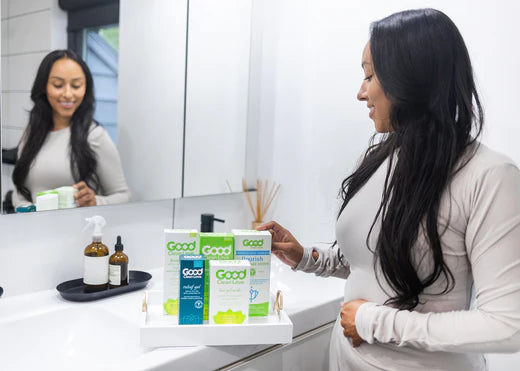
 “Romantic goals change from finding boyfriends to finding hook up buddies…a guy we don’t actually really like, but we think he is really attractive and hot and good in bed.” -Student at U of Penn
“Romantic goals change from finding boyfriends to finding hook up buddies…a guy we don’t actually really like, but we think he is really attractive and hot and good in bed.” -Student at U of Penn
I was in the liquor store yesterday, choosing between flavors of my favorite Clear Creek brandies when I went on to share my excitement about my purchase with the two 20 something guys behind the counter. I said “this stuff can really bring fire to a kiss and heat up your intimate life…” To which he responded “ I don’t have an intimate life.” His co-worker joined in the conversation adding “yeah being in love is so ten minutes ago.” “But this is the time of your life for falling in love, I argued this is what the 20s are for.” Apparently not for this generation.
The death of love and romance for our youth is not really news. I have been witnessing the diminishing numbers of kids choosing to partner for over a decade within my own kids. They were among a small minority of their peers in high school that had steady boy and girl friends. As singles at the University, they both reported how dating was dead. This generation of college students don’t believe in romance, how could they when everyone they know is hooking up. This new form of relationship is actually just sex without the relationship. One girl was quoted in the NY Times report said “ten years from now I won’t remember who I slept with… but I will remember what is on my transcript….” The idea that early sexual partners will not even register in long term memory reflects just how deeply cut off our youth is from the essence of what it means to be an intimate human.
While we have long attributed this kind of unattached, no responsibility sex drive to young men, now young women also report not wanting to get attached or have to be responsible to another’s needs or feelings. They are too ambitious, too busy, too driven by their own goals to want “the complications” of love. This trend does not bode well for us as a culture. Not only because it reduces the magical connection of sexuality down to convenience store practices which generally require a stop at the convenience store to get drunk enough to follow through. Statistically drunk sex is does not make for very good sex either. Orgasm rates for women are below 10 % and not surprisingly, guys who are hooking up are not that concerned with the woman’s sexual satisfaction. In addition the lines of consent and desire blur in drunken hooking up such that it is not uncommon to walk away wondering if it was sexual abuse that took place instead. It is hard to keep your self-respect in tact.
No one is talking about the emotional damage that incurs when young people initiate themselves sexually with repeated loveless interludes and come to believe that the real thing, of having someone love you and make love to you is archaic, not possible, not available, Instead we spin a cultural story about individual achievement being the primary source of satisfaction and promote the very mixed experience of being alone as a freedom from the weight and responsibility of relating. In actuality individual achievements run dry fast when they are not shared by people who care for us and the richest, most rewarding and developmentally important work we do with this life is learning the challenging ways of loving others at least as much as we love ourselves. It is not an accident that this generation of youth wants little to do with the monogamy and long term intimacy practices they have witnessed growing up. How do we teach the critically important lessons of how choosing love over convenience frees us to become our best selves and that even the experience of a broken heart is worthy of our attention because it is how we become compassionate.
The fabric of our lives is based in our relationships. Culturally we are at a crossroads and a reckoning. Can we bear witness to the shredding fabric in our families, communities and youth culture without recognizing what is most truly human in us is being lost. We need to rehabilitate the concept of loving relationships and commit to providing comprehensive skill development in the practices that bring our desire and ability to relate back to the center of our lives. The future without has no soul.














